While the legal framework is still weak, the problem of buying and selling personal data is still rampant and more and more sophisticated scams are appearing.
BKAV Corporation engineers operate a network security monitoring center.
Risk of personal information disclosure
Recently, the Department of Cyber Security and High-Tech Crime Prevention, Hanoi City Police, has warned of the risk of personal information being leaked from online shopping orders. Recently, the city police have received and resolved a number of cases where individuals impersonating shippers called to ask people to transfer deposits for delivery or announced fake winnings, based on leaked order information. Many people ordered goods online, and only a few hours later, someone called claiming to be a shipper, read the correct name, address, item and amount, and asked to transfer a portion of the money in advance because the order required a deposit to confirm. Or with the same order, the same amount of money, the "fake" order often arrived before the "real" order, leaving the buyer unsuspecting.
Hung Yen Provincial Police have also recently issued a warning about the risk of personal information being leaked when going to medical facilities and private clinics. Many people, after going to these places for medical examination, have continuously received calls and text messages inviting them to participate in disease screening tests, advertisements for functional food products, etc.
In fact, the risk of personal information being leaked has existed for a long time. In addition to the "lucky" calls based solely on phone numbers, there are many calls that are targeted and accurate. For example, many mothers who have given birth at medical facilities and returned home often receive calls asking about their health, followed by invitations to use postpartum care services, bathe their babies, or buy insurance for mothers and children. Similarly, many parents whose children are preparing for the 10th grade entrance exam or university entrance exam often receive calls fromeducational institutions...
There have been and are hundreds of illegal ways to collect personal information, while people are still very subjective and not fully aware of personal information security. When shopping online, downloading applications of restaurants, fashion brands..., people often easily declare personal information. Even to become loyal customers of supermarkets, brands, or to receive rewards and promotions, many people are willing to provide copies of their citizen identification cards and children's birth certificates without hesitation. Similarly, when registering for services such as insurance, telecommunications, tourism, and real estate trading, people also "carelessly" take photos of their citizen identification cards and personal photos and send them to individuals who act as agents and intermediaries.
Building a strong legal corridor
According to delegate Nguyen Thi Viet Nga, National Assembly Delegation of Hai Duong province, the situation of personal data leakage is becoming more and more common and sophisticated. Information such as phone numbers, email addresses, bank accounts, medical records, etc. can all be collected, bought, sold, and used illegally. As a result, online fraud is on the rise, despite the efforts of authorities in propaganda and combating this type of crime.
Leaked personal information not only leads to calls, advertising messages, spam, but the more information, the easier it is to lead to fraud. That is the act of analyzing illegal consumer behavior, selling fake goods, counterfeit goods, poor quality goods. More seriously, it creates a database for targeted phishing attacks, stealing bank account information.
Lawyer Nguyen Anh Thom, Chief Representative of Nguyen Anh Law Office, Hanoi Bar Association, said: According to Article 4, Decree No. 13/2023/ND-CP dated April 17, 2023 of the Government on personal data protection, violations of personal data protection regulations, depending on the severity, may be subject to disciplinary action, administrative sanctions, and criminal prosecution. Clause 30, Article 1, Decree No. 14/2022/ND-CP dated January 27, 2022, amending and supplementing a number of articles of Decree No. 15/2020/ND-CP of the Government stipulating administrative sanctions in the fields of post, telecommunications, radio frequencies, information technology and electronic transactions, etc. stipulates a fine of 40 million to 60 million VND for one of the following acts: Using personal information for purposes other than those agreed upon when collecting or without the consent of the subject of personal information; providing or sharing or disseminating collected, accessed, and controlled personal information to a third party without the consent of the subject of personal information; illegally collecting, using, disseminating, and trading in other people's personal information. However, many opinions say that this fine is currently not enough of a deterrent.
At the first session of the 9th session of the 15th National Assembly, the draft Law on Personal Data Protection was discussed with many opinions agreeing on the urgency of enacting this law, in order to protect personal data from disclosure, leakage, and privacy infringement. At the same time, the Law on Personal Data Protection is expected to overcome legal gaps, enhance the effectiveness of state management in protecting human rights, national security, and promoting the development of the digital economy in a safe and sustainable manner.
However, no matter how strict the legal framework and sanctions are, every citizen still needs to be vigilant, raise awareness and be proactive in protecting personal data to protect themselves and their families.
Source: https://hanoimoi.vn/canh-giac-voi-thu-doan-trom-cap-thong-tin-ca-nhan-704533.html


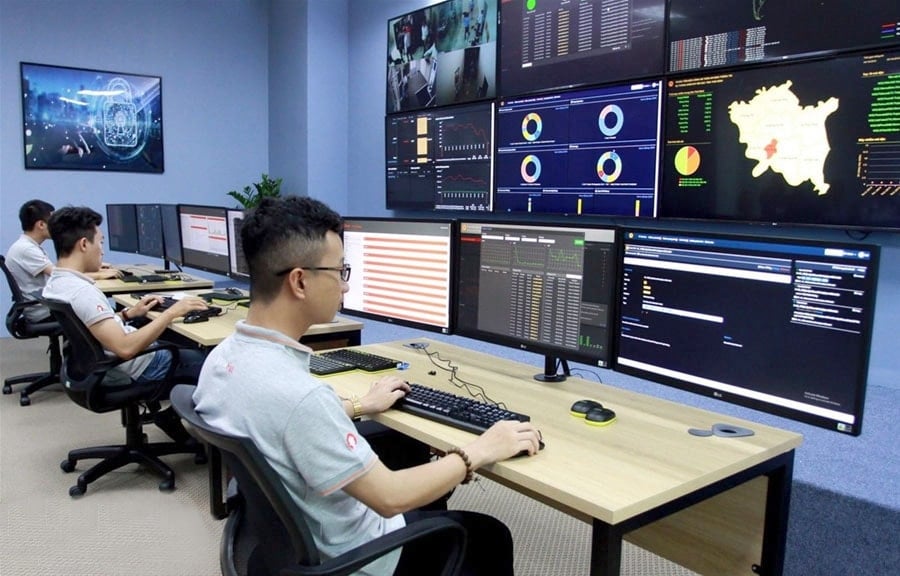






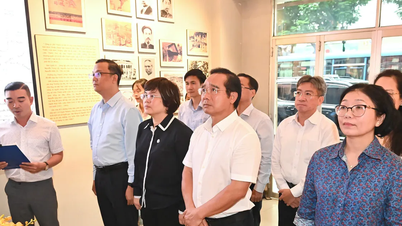

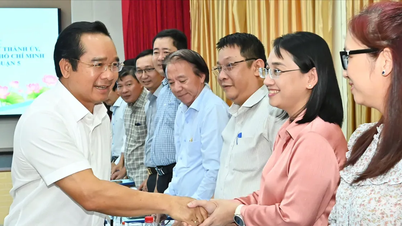
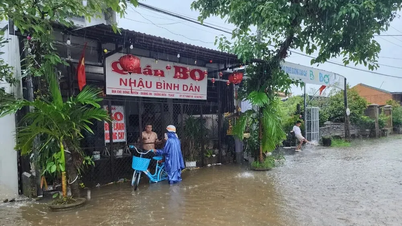
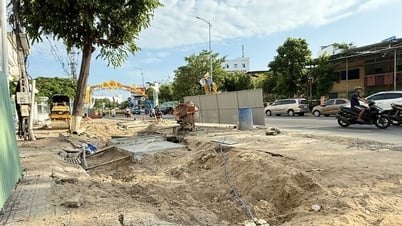












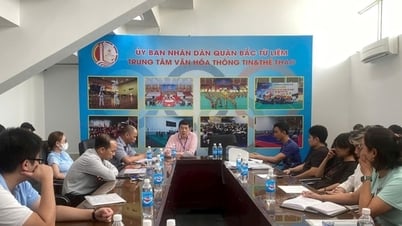
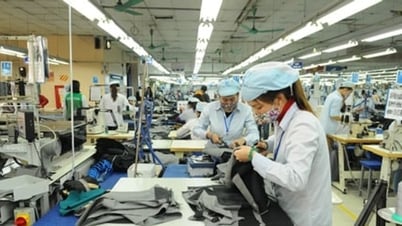
![[Photo] General Secretary To Lam receives Korean Ambassador to Vietnam](https://vphoto.vietnam.vn/thumb/1200x675/vietnam/resource/IMAGE/2025/6/6/a0765b7543784cbcbfe4755b67d43ab4)

![[Photo] President Luong Cuong works with Hung Yen and Thai Binh Provincial Party Committees on implementing Resolution of the 11th Central Conference, 13th tenure](https://vphoto.vietnam.vn/thumb/1200x675/vietnam/resource/IMAGE/2025/6/6/127b735d2761484d81dcee0d7725a25b)






























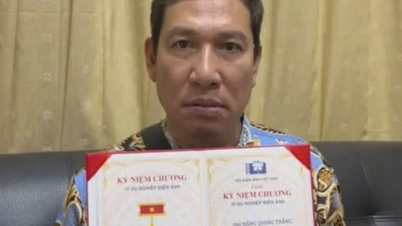





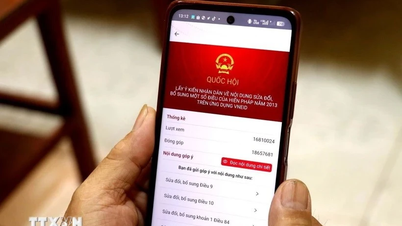








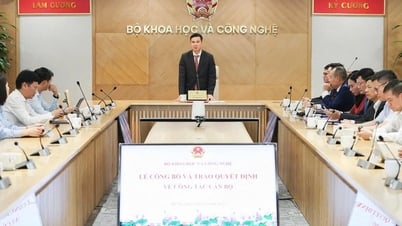








![[OCOP REVIEW] Tu Duyen Syrup - The essence of herbs from the mountains and forests of Nhu Thanh](https://vphoto.vietnam.vn/thumb/402x226/vietnam/resource/IMAGE/2025/6/5/58ca32fce4ec44039e444fbfae7e75ec)







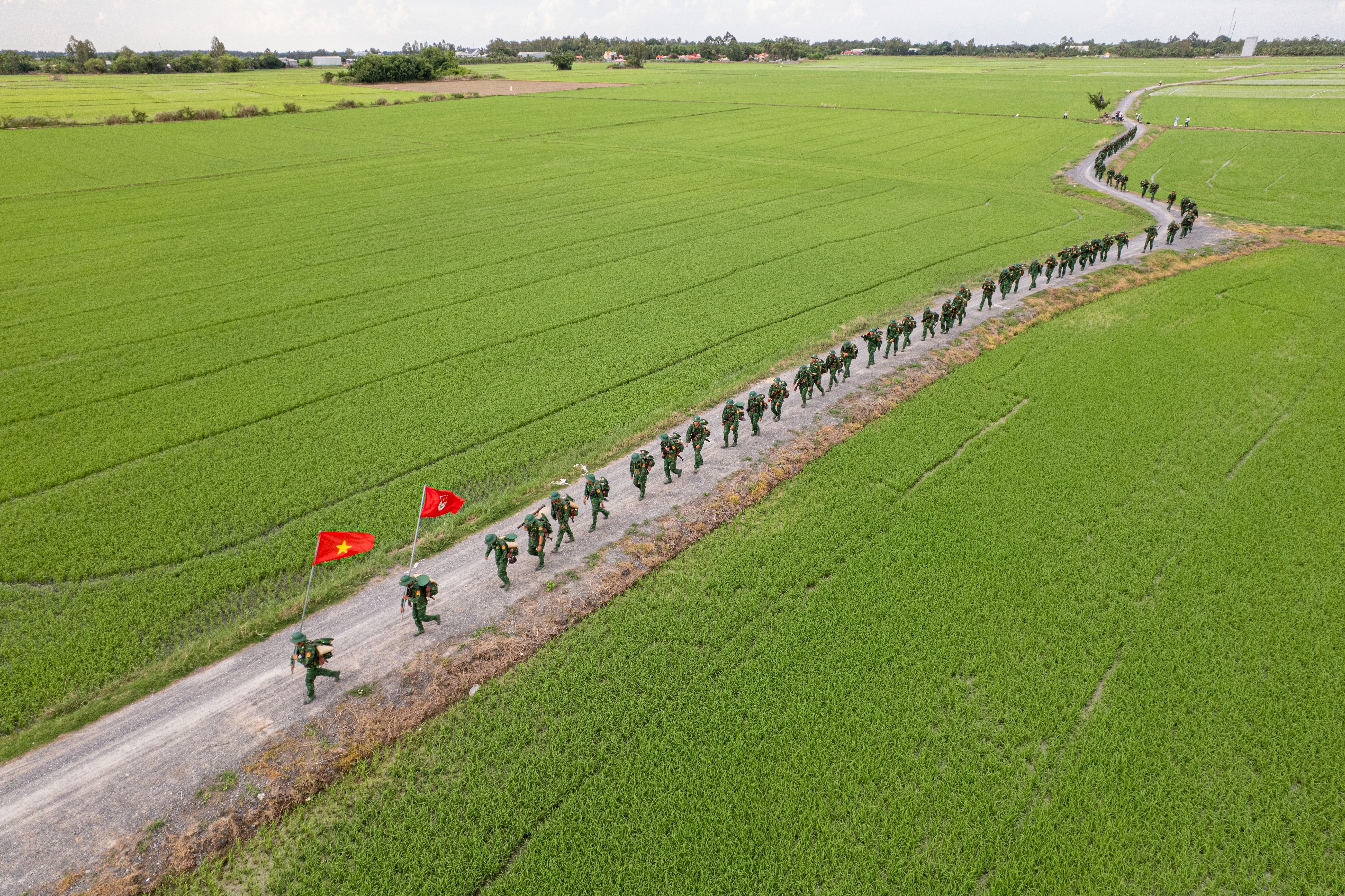



Comment (0)